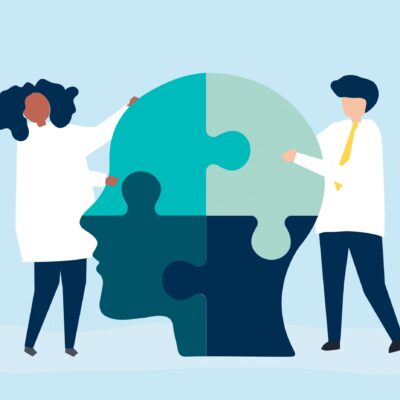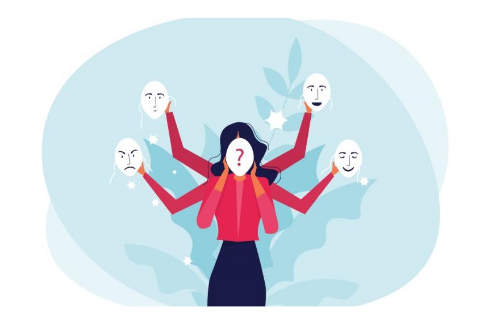By Jenny Ching Yen Jee
Mental and physical health both fall under one category, they carry the same weight, along with dreadful consequences and effects, that may even lead to death if not taken care of.
Ironically, people tend to prioritise physical health. Mental health is overlooked, probably due to the social stigma that has been passed down for decades.
Is this the fault in our society? Why do we have different perceptions when it comes to the importance of mental health?
Let’s picture this scenario.
Today, you aren’t in a good condition. You can tell just by the way you act, and your body doesn’t feel right, and you simply know this isn’t usual. So you probably did what others would have – that is to research the symptoms you are experiencing.
Following your research, you discover that you have a risk of getting diagnosed with diabetes. Your next step is crucial. What most of you would do, is to get an immediate medical check-up, and seek a cure for your condition.
Simple sounding? But, what if I told you that the results suggested a possibility you might have depression?
According to an article by Claire Henderson, Sara Evans-Lacko, and Graham Thornicroft, it is proven that more than 70% of mentally-ill patients did not get themselves the health care that they needed. This has shown that people are avoidant in getting the right treatment when it comes to mental health. But why does society react differently towards physical and mental health?

Let’s break this down into a few factors proven by research by comparing the two:
Mental Health versus Physical Health
Knowledge towards illness
Physical Health:
We can acknowledge the fact that education prioritises the knowledge on physical health. In school, we were taught about physical health ranging from functions of our physical body, symptoms of diseases, types of illnesses, to practices and exercises to help us maintain a healthy body. At an early age, we have been taught how to take care of our own bodies, and how to detect and avoid the risk of getting illnesses.
Mental Health:
Mental health is an unspoken topic at school. We were not exposed to any kind of knowledge that is related to mental illnesses. Even if the topic was brought up, it was just on the surface, which explains: How would one be aware of their own mental well-being when there wasn’t any education that teaches the existence of it?
Access to treatment
Physical Health:
For physical health, the government does provide free health check-ups in hospitals and schools to ensure the physical well-being of their citizens. There is an abundance of ways to access treatment and most importantly, most people are aware of it.
Mental Health:
In a country where mental health topics are not spoken about, it is hard to expect their own people to acknowledge ways to receive treatments for their mental well-being. According to Dr. Ng Chong Guan, a medical doctor specialising in Psychiatry, there is a serious lack of psychiatrists in Malaysia, with the number of mental illness cases increasing over the years.
Prejudice against people with illness
Physical Health:
Physical health is a common topic for any conversation, and people have been outspoken about it for centuries, a means to seek advice and cure for different illnesses. Physical wellbeing has seen collaborations and partnerships between countries, working collectively towards a common goal, despite cultural differences. This can be seen evidently when COVID-19 hit.
Mental Health:
Due to the lack of exposure on mental health, people are not sure what to feel about individuals who are diagnosed with mental illness. The concept of mental health, and the wide spectrum it covers is still unfamiliar among Malaysians and is proven to be culturally unacceptable according to some of the beliefs.
Discrimination against people with illness
Physical Health:
Since it’s a commonly discussed issue among people, the majority of people including organisations tend to be extremely compassionate towards people with the disadvantage of physical illness. People are empathetic towards people with physical illnesses and are willing to give more opportunities and render kindness.
Mental Health:
Social stigma towards mental illness sadly, still exist in this era. People are afraid of being open about their own mental well-being due to the fear of being ostracised or losing their jobs. Therefore, this is why people are afraid to seek treatment and are even afraid to be a “victim” of mental illness – because they tend to be blamed for it.

All these factors sum up why mental health is treated poorly in our country, despite the increase in the number of cases. One thing is for sure, mental and physical health are correlated. If we continue to stay insensitive about mental well-being, it will snowball into a bigger crisis.
Now imagine this…what if we live in a world where mental health is given the same importance as physical health is? A world with no prejudice and discrimination against mental health, where people can be open and feel vulnerable about their own mental well-being?
This is the ideal world that we should be striving for.
It’s up to you and me to change, to make the world a better and healthier place.



